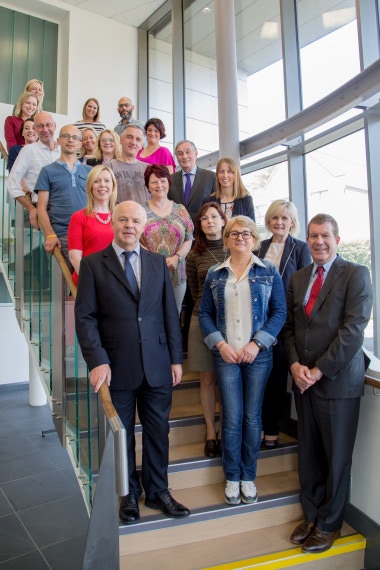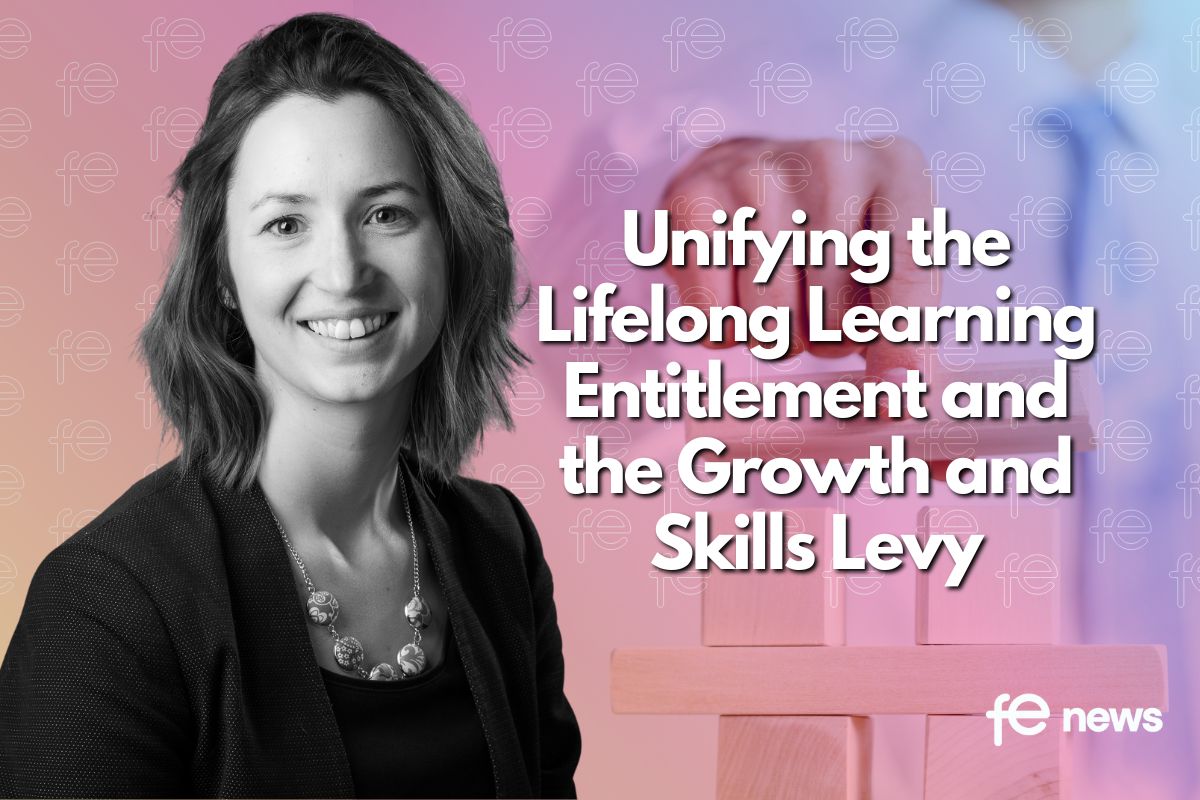SERC welcome international visitors

SERC has been showcasing vocational expertise and providing cultural experiences to a group of international visitors.
The college recently welcomed nine visitors from H2 Learning Ltd Ireland, City of Dublin Education Training Board (CDETB), Istituto Statale di Istruzione Superiore Arturo Malignani, Italy and Solski Center Kranj, Slovenia for a week-long study visit.
SERC are collaborating with the three colleges on a transnational project called TELMS – Technology Enhanced Learning. The project aims to promote technology enhanced learning across Europe. The visit showcased how technology based learning can enhance teaching and learning and highlighted the work of the ILT pedagogy peer mentoring programme
SERC provided the group with both memorable educational experiences and cultural opportunities. The project was funded by Erasmus+, the European Union programme which aims to modernise education, training, youth work and sport across Europe.
The group were welcomed by SERCs Claire Henderson who gave a detailed presentation on the college and the further education sector in Northern Ireland. During the weeklong visit, guests were treated to local cuisines prepared by SERC students during their visit. The group also had the opportunity to explore Belfast and surrounding areas and were taken to cultural landmarks.
SERC International Project Manager Elaine McKeown said: “The varied programme for the visit was devised so staff could gain relevant experiences to take back home. The visit was part of wider international plans and along with previous cultural exchanges, is helping to create stronger relationships with colleges overseas.
“The visitors got to see first-hand, the colleges approach to SERC’s technology enhanced learning and how it could be successfully implemented into their organisation. The need to invest in the knowledge, skills and understanding of learning technology’s potential amongst teachers and to benchmark training to enhance their understanding and optimise the use of technology enhanced learning has been documented and this visit aims to achieve just that.”
To date the feedback has been very positive with tutors stating that it has helped them improve their teaching methods.
The project is in response to EU policy research and strategy which highlights that education and training can contribute to Europe’s 2020 goals of improving the rates of early school leavers and employment through improved teacher education and innovative teaching methods.
The aim of the TELMS project was to address the need for the appropriate use of technology enhanced learning within education provision. The project will support the Vocational Education and Training staff to embed it in the classroom across partner countries.











Responses